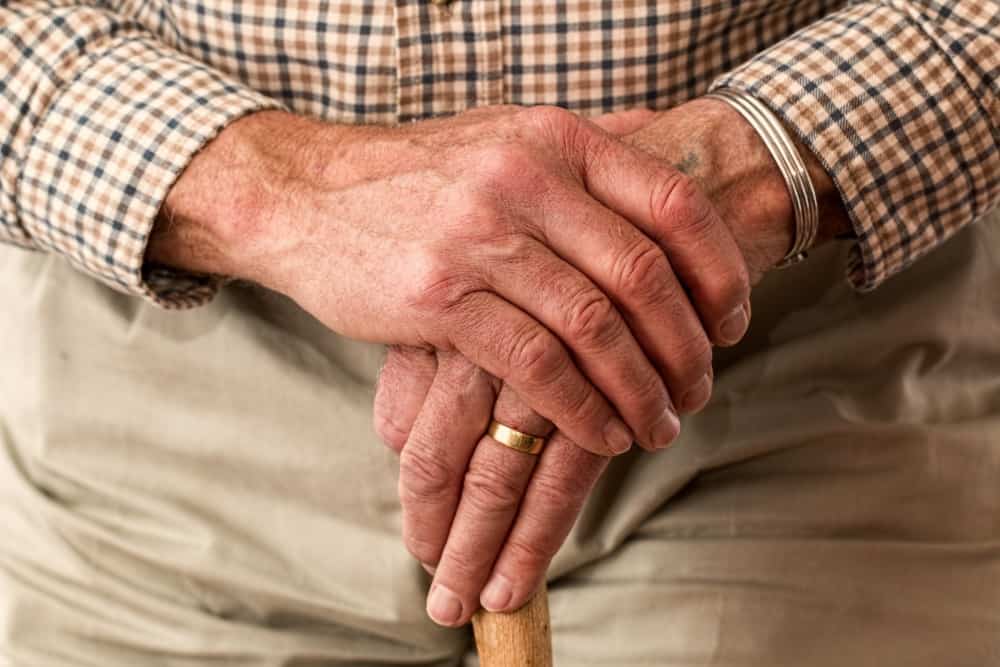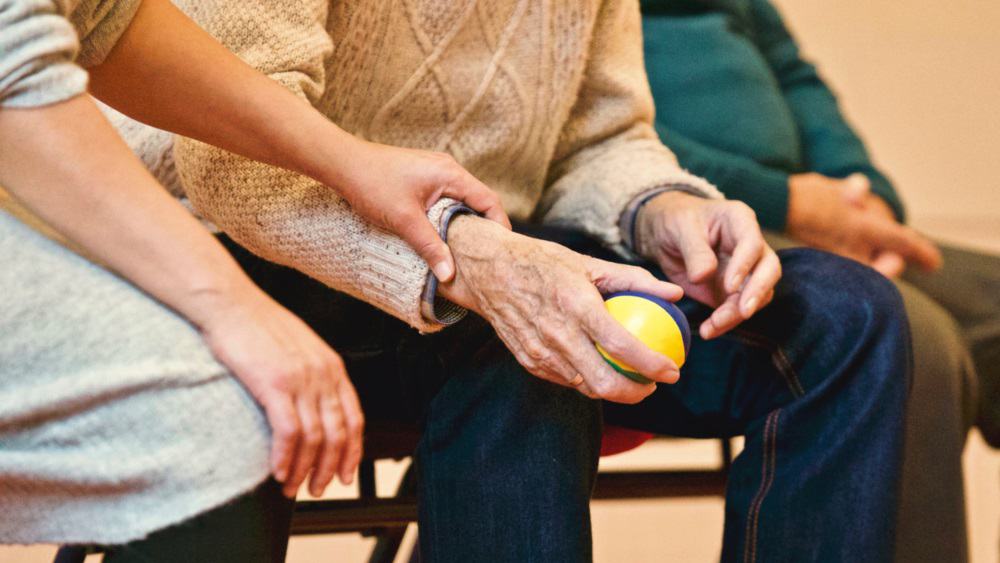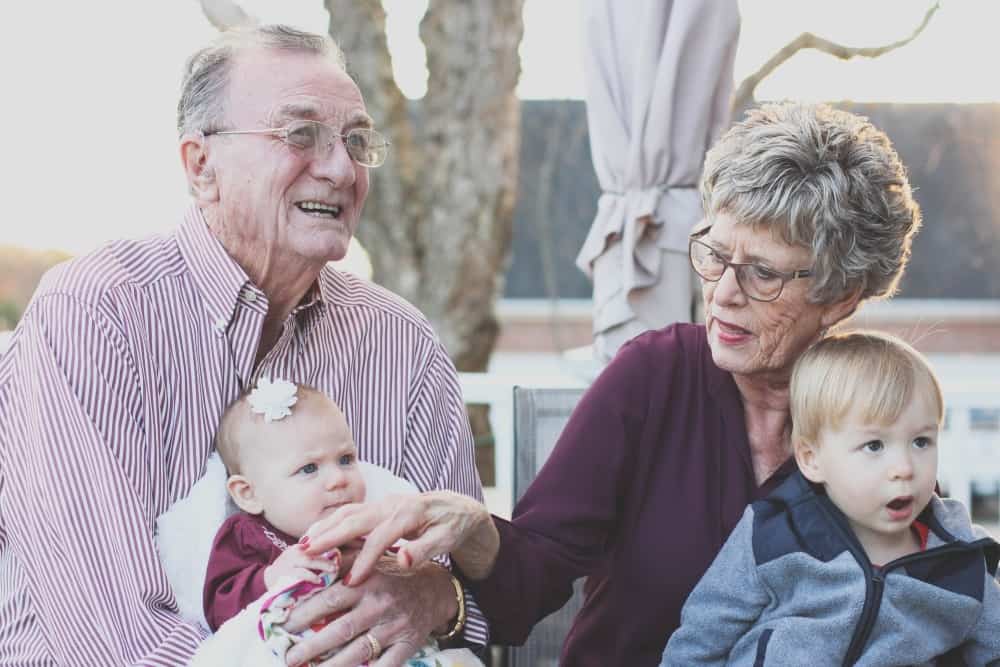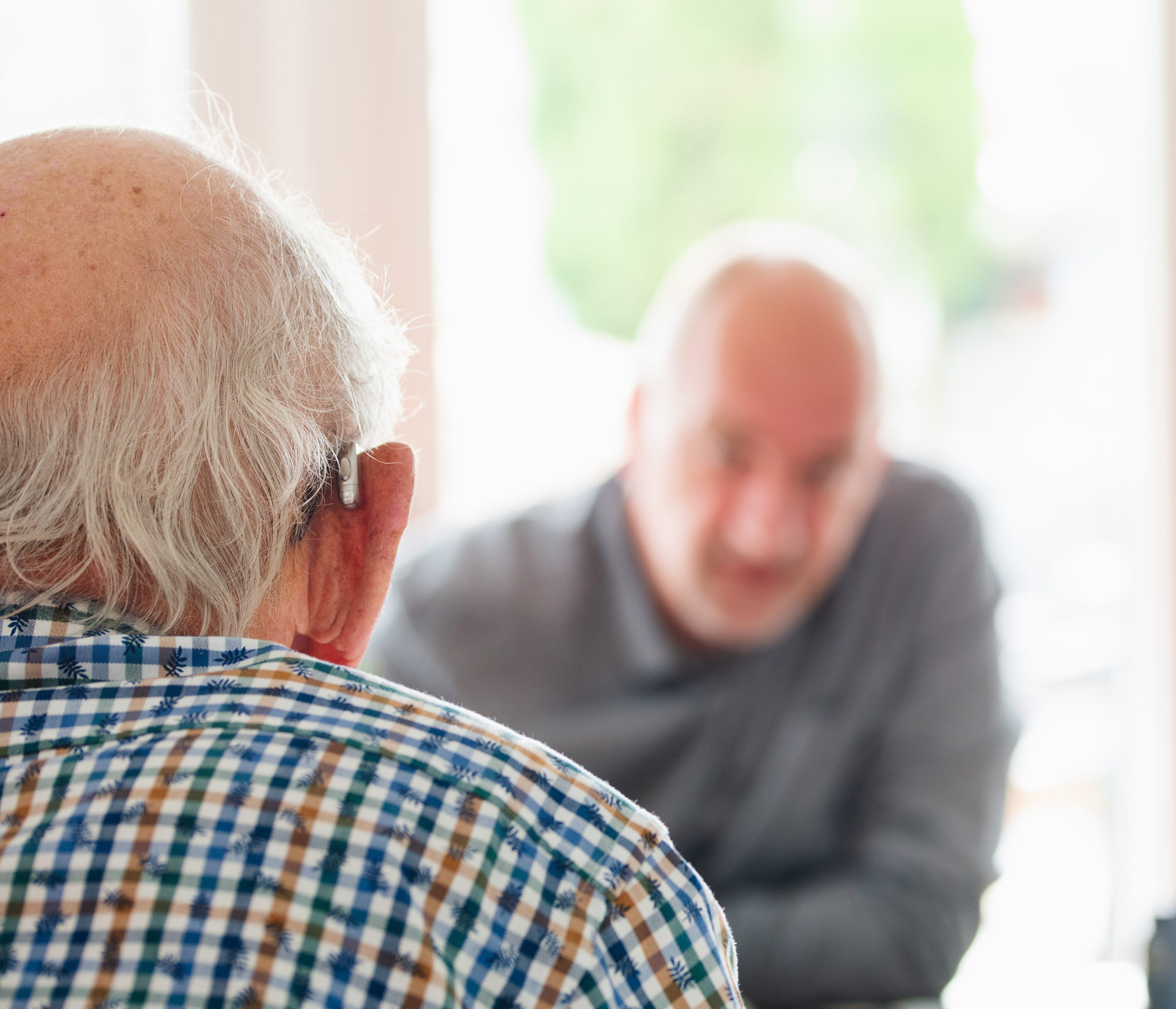Care partners of persons with dementia are often eager to know what stage their loved one is currently in and how best to work with and relate to the person in these phases. I will give you some general tips here, but first, let me say two things for a larger context:
- Remember that people with dementia have strengths, no matter where they are at. Please think about those specific strengths, as this is what our care and interaction are built upon. Everyone has a sense of humor. With some individuals, we may need to work harder than with others to tease that out. People with dementia can be very creative and expressive. Their connection to and memory of music is an impressive strength and often a source of joy for them. Persons living with dementia are tremendously resilient and courageous. They still have interests and passions, even if they may be unable to initiate anything about that interest or articulate what their passion is all about. Another strength (one that often evades those of us who do NOT have dementia) is the ability of persons with dementia to be present in the moment, right here and right now. They still possess insight and wisdom related to their personal life of experience. They are sensitive to moods and emotions and non-verbal communication. They will remember if you are someone who has been kind to them over and over again. They enjoy simple pleasures. Persons living with dementia retain the need and the ability to give and receive love, to feel close with others, and to touch those they feel most connected to. (With some types of dementia, this ability may be harder to recognize, but I urge you to not give up on making a connection with the person’s heart, personality, and spirit.) That spirit deep inside is intact. If we keep all of this in mind as we work to manage the needs and to read the communication of the person, we as care partners will do better. Our loved one will fare better too, across the dementia continuum.
- While dementia is progressive, people with dementia are (obviously) people! Like the rest of humanity, they have changing moods, good days and bad days, high energy and low energy, and strong emotions from time to time. A person might be in the early stages but having a very frustrating experience that for a few minutes, hours or most of a day causes intense confusion and upset. At this time the person may seem like they are acting more like someone in the middle stages, or even a later stage. So please take the generalizations that follow with a gallon of salt. Use them for insight and guidance as they are helpful, but realize there can be tremendous variation and fluctuation within the progression of dementia.
That said…
I prefer to think about dementia in 3 phases, early, middle and later. Others talk of 5 or 7 phases, but it makes sense to me to keep this less complicated.
Early dementia correlates with the loss of adult learning. In other words, the last skills we learned as adults will be the first things that become challenging if we have dementia. The trouble with thinking and making decisions may result in problems with driving safely, managing money, keeping things organized, or remembering appointments. This may well mean the person will have difficulty managing their day without some assistance. This can be an anguished phase for people, as they are well aware that something is not right with their brain. They may not want to admit it and may get good at hiding it. People with dementia in this phase will do well if they are treated with patience, kindness, and understanding. They will very much need honest, caring conversations. They need to be listened to and given choices. They need support as well as compensation strategies. They need to know that they can still contribute to the lives of others. This is, sadly, NOT always the message that people with dementia receive a diagnosis. However, there are many helpful resources out there for persons who have just been diagnosed. Did you know that there are people in early-stage dementia who have been doing extremely well, for many years? You will find affirmation of this and a wealth of helpful information on this website: daanow.org The Caring Conversations Toolkit available on this site is a wonderful resource for communication with a loved one who has recently been diagnosed.
The middle phase of dementia corresponds to the loss of adolescent learning. This can be a turbulent time emotionally, not unlike the teenage years. People in this stage at some point usually forget that they are forgetting, so there can be plenty of frustration directed at the outside world or at other people as a result of the confusion the person experiences. People in this phase often still have considerable physical energy and loads of passion. If we provide structure as well as engagement opportunities for the individual’s energy, interests, and sense of purpose, they will do well.
In the later stages of dementia, the person is experiencing the loss of childhood learning. They may not remember how things work exactly. They may not recognize or misuse objects, and there can be a lot of stubbornness and frustration erupting as a result. We need to slow down when we interact with these individuals and help them adapt. Sensory stimulation will become more important, and simple pleasures will remain comforting. Sitting outside on a lovely day and feeling the breeze, holding a real live baby or interacting with a young child, experiencing a hand massage will be energizing and enjoyable. There may not be as much talking, but there can still be communication and connection. We can hold a hand, read a favorite poem, and retell those storied memories that the person used to share repeatedly.
Whatever the phase, let the person know what they mean to you. Give them compliments. Tell them what you admire most about them. Remind them of what they have given you. Explore your way to playful interaction, laughing together, and having fun. May you find many moments of peace together, where dementia simply doesn’t matter. Always remember, the person is doing the best they can, the absolute best.
Thanks to Megan Carnarius, author of A Deeper Perspective on Alzheimer’s and Other Dementias, and to Claudia J. Strauss, author of Talking with Alzheimer’s, for many of the ideas reflected here. – Marysue Moses, Ebenezer Dimensions Program Coordinator












